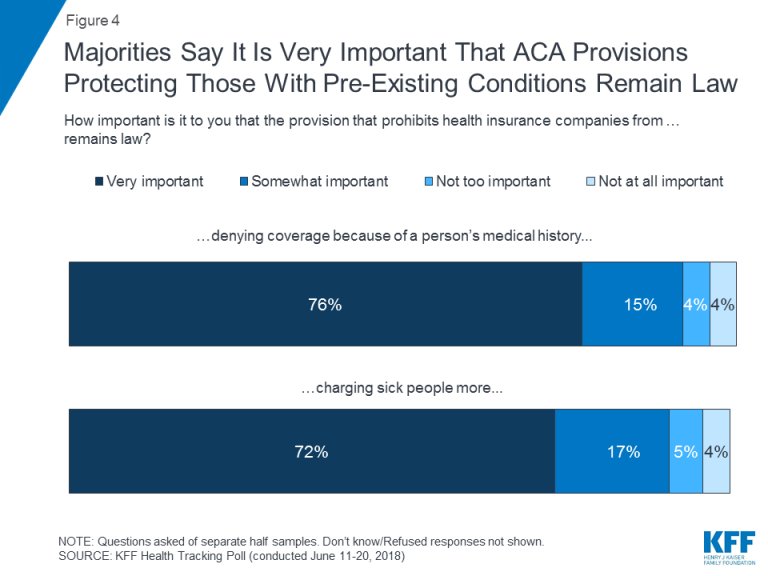And of course—shameless plug—I do encourage folks to play Pathfinder Society and Starfinder Society. You can learn a lot by experiencing the format firsthand.
— Let the Heroes be Heroes
— Handling Adventure Background
— Considering Contingencies
Plus whatever else you'd like to know about. Pitch some topics.






